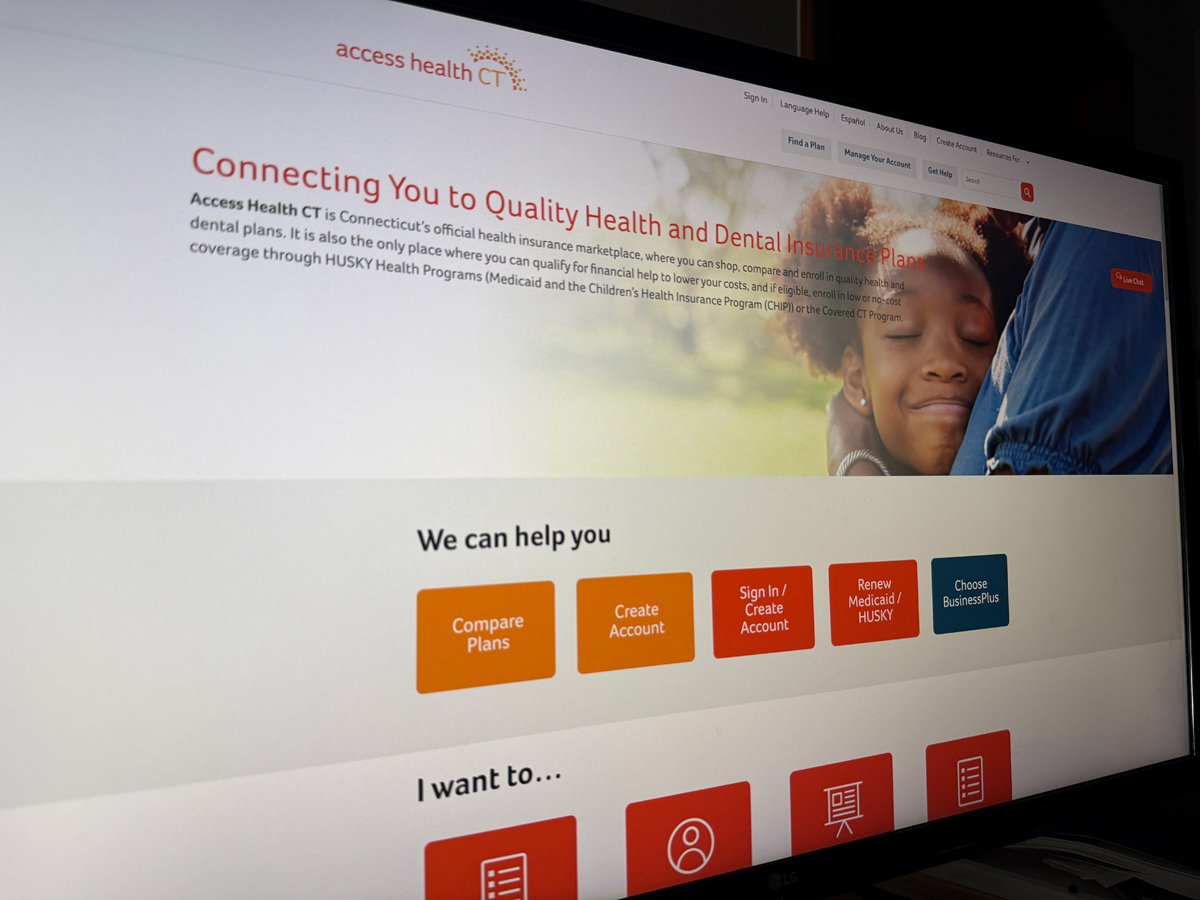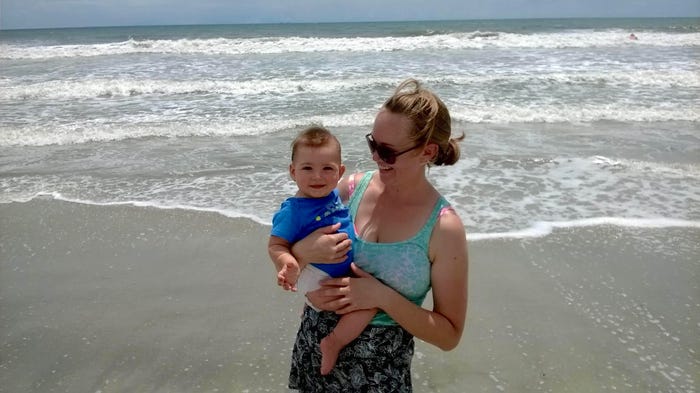In recent correspondence with advice columnist Annie Lane, two mothers shared deeply personal challenges, highlighting the complex emotional landscape of family dynamics. One mother grapples with a cancer recurrence, while another faces alarming behavior from her adult son, prompting serious concerns for both their well-being and relationships.
Mother Balancing Cancer and Family Responsibilities
The first mother, known as Balancing Burdens, revealed that she has been diagnosed with a recurrence of cancer. The prognosis is not favorable, yet she maintains a sense of normalcy in her daily life, supported by her husband. Despite her stable condition, she has withheld this distressing news from her daughter, who is currently overwhelmed with caring for newborn twins and a 6-year-old daughter.
Having dedicated her life to supporting her daughter since the tragic suicide of her first husband four years ago, Balancing Burdens is now uncertain about how to communicate her health challenges without adding to her daughter’s existing stress. Annie Lane advised that there is no ideal moment for such conversations, emphasizing the importance of honesty. She suggested that the mother should inform her daughter about her diagnosis and treatment plans simply, allowing her daughter to be present and supportive.
“You’ve spent so much of your life being there for your daughter. Now it’s time to let her be there for you.”
Confronting Disturbing Behavior in Family Dynamics
The second letter, from a mother referred to as Mother Driven Away, detailed a distressing incident involving her 23-year-old son. Following a family hiking trip in Maine, where they visited Baxter State Park and Acadia National Park, tensions escalated dramatically after a phone call from her ex-husband. This interaction appeared to trigger a sudden change in the son’s behavior, resulting in a serious confrontation.
During the drive home from the airport, her son aggressively grabbed the steering wheel and threatened her life, an incident that raised immediate safety concerns. Despite his successful career, this alarming behavior has left the mother confused and worried. Since that encounter, he has blocked her on his phone and social media, further deepening her distress.
Annie Lane underscored the seriousness of the son’s actions, advising that the mother should prioritize her safety above all. She recommended avoiding any further alone time with him until he seeks professional help and demonstrates accountability for his actions. The letter emphasized the need for open communication, suggesting the mother reach out to her son with a message of love while also encouraging him to consider counseling or anger management.
This correspondence reveals the emotional complexities faced by parents in challenging circumstances. As families navigate health crises and behavioral issues, the need for support and understanding remains paramount. Both mothers, through their struggles, highlight the importance of communication within families, even when the conversations are difficult.
For more advice and insights from Annie Lane, you can follow her on Instagram at @dearannieofficial or visit Creators Publishing.







